Sea salt vs. "regular" salt
janet_ks
10 years ago
Related Stories

HOUZZ TOURSMy Houzz: Modern and Moody Nostalgia in Salt Lake City
Dark, masculine and nodding to the past, this 1911 apartment is a haven for contemplation
Full Story
HOMES AROUND THE WORLDHousehold Habits and Customs to Borrow From Other Countries
Discover why salt may be the perfect house-warming gift, how to clean rugs in snow and why you should invest in a pair of ‘toilet slippers’
Full Story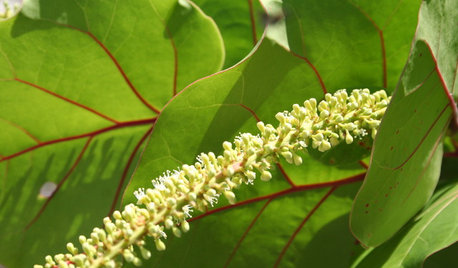
GARDENING GUIDESGreat Design Plant: Sea Grape, a Hardy Coastal Delight
Up to the high-tide line or even indoors, sea grape draws smiles for its looks and cheers for its tenacity
Full Story
COLORGet a Soft Spot for Sea-Glass Green
Soften a room's look by washing its walls in this delightfully airy shade, no sand in your shoes required
Full Story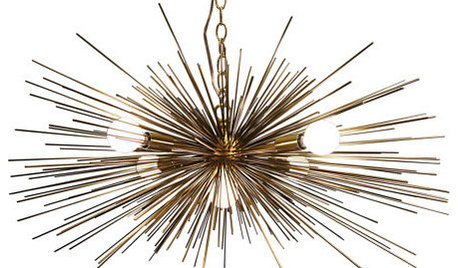
PRODUCT PICKSGuest Picks: Sharpen Your Home's Look With Sea Urchin Decor
Get right to the point with accessories and fabrics inspired by these prickly, spiny sea creatures
Full Story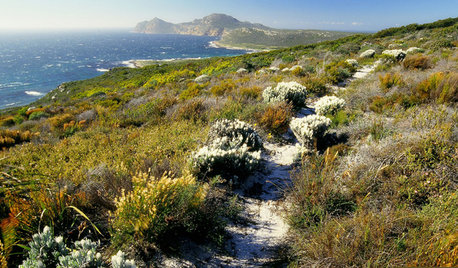
GARDENING GUIDESLet Nature Inspire Your Landscape: Shape a Sea-Inspired Garden
Create your own oceanside paradise even without the ocean, taking cues from natural coastal plantings
Full Story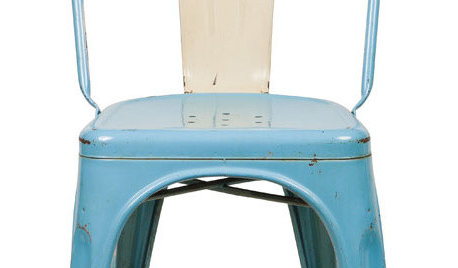
PRODUCT PICKSGuest Picks: Blue and White Cottage by the Sea
Channel the idea of crashing waves and sun-baked sand with a color palette inspired by the beach
Full Story0

PRODUCT PICKSGuest Picks: Holiday Gifts for the Hosts
Think outside the bottle of wine with host gifts like flavored oils, clever espresso cups and tequila 'glasses' made of salt
Full Story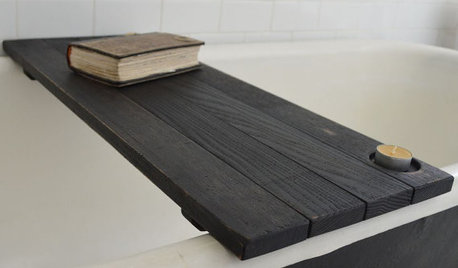
PRODUCT PICKSGuest Picks: Zen Bath Finds for a More Serene You
Let tension and stress melt away as you pamper yourself with spa-worthy linens, soaps, salts and other amenities
Full Story
FLOWERSWhy You Should Give Hydrangeas a Place in Your Yard
The exuberant mop-headed beauties evoke dreams of an endless summer by the sea
Full Story




Teresa_MN
compumom
Related Discussions
sea salt vs. table salt in cookies
Q
Iodized table salt verses sea salt
Q
Hawaiian Sea Salt vs Himalayan Pink
Q
Medallion cabinet colors: Sea Salt vs White Icing
Q
sushipup1
grainlady_ks
sleevendog (5a NY 6aNYC NL CA)
cloudy_christine
dcarch7 d c f l a s h 7 @ y a h o o . c o m
angelaid
compumom
John Liu
foodonastump
lizbeth-gardener
John Liu
grainlady_ks
dcarch7 d c f l a s h 7 @ y a h o o . c o m
sally2_gw
sally2_gw
triciae
dcarch7 d c f l a s h 7 @ y a h o o . c o m
triciae
grainlady_ks
dcarch7 d c f l a s h 7 @ y a h o o . c o m
compumom
foodonastump
gwlolo
janet_ksOriginal Author
grainlady_ks
sally2_gw
Teresa_MN
dcarch7 d c f l a s h 7 @ y a h o o . c o m
arley_gw
lette_04
grainlady_ks
lette_04